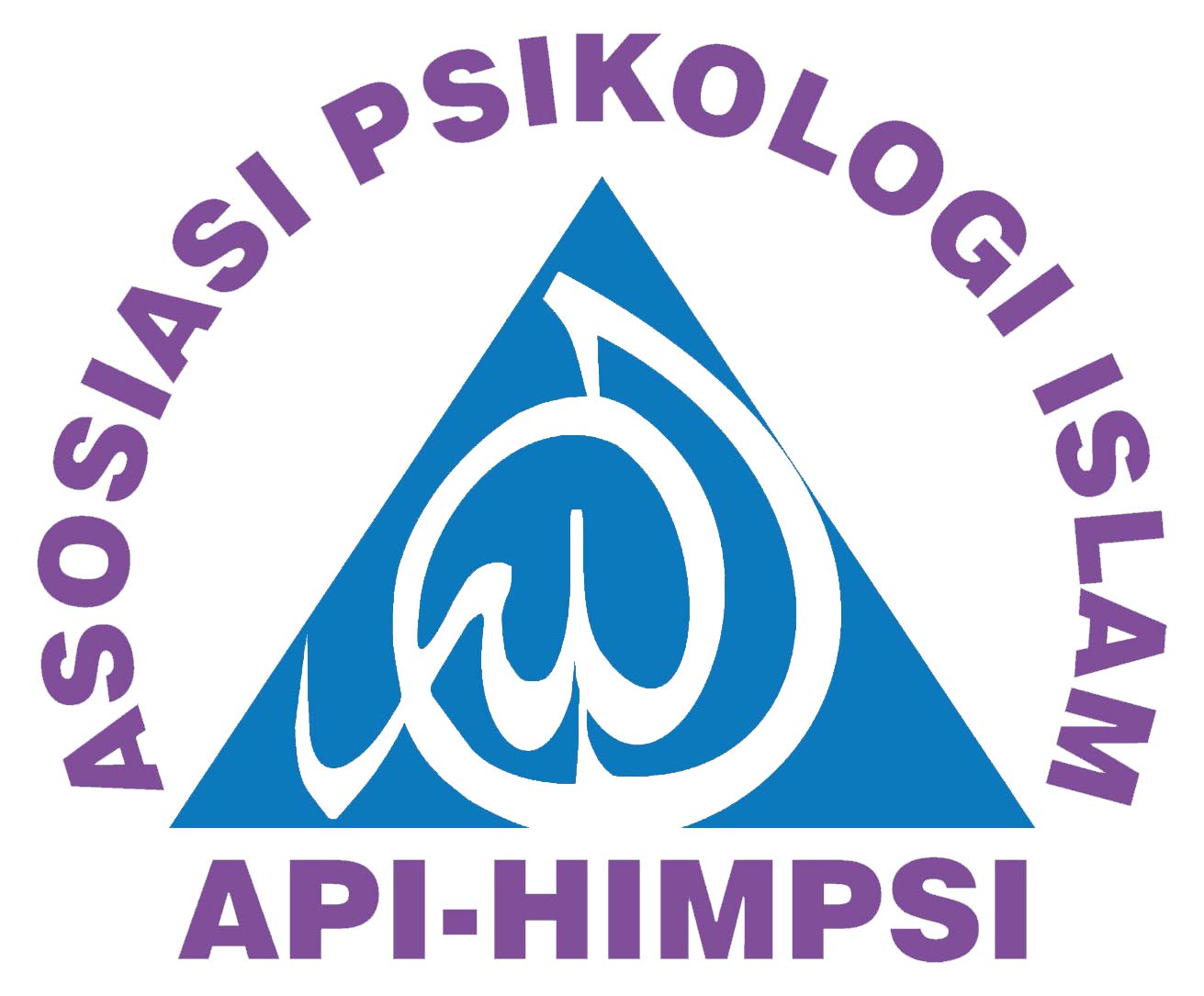Pemaknaan Kesejahteraan pada Dosen Perguruan Tinggi Islam Berdasarkan Perspektif Psikologi dan Islam
DOI:
https://doi.org/10.15575/jpib.v5i2.20054Keywords:
Well-being, Lecturer, Islamic universitiesAbstract
References
Burke, R. J., & Greenglass, E. R. (1994). Towards an understanding of work satisfaction and emotional well-being of school-based educators. Stress Medicine, 10(3), 177–184. https://doi.org/10.1002/smi.2460100307
Brunetto, Y., Xerri, M., Shriberg, A., Farr-Wharton, R., Shacklock, K., Newman, S., & Dienger, J. (2013). The impact of workplace relationships on engagement, well-being, commitment and turnover for nurses in Australia and the USA. Journal of Advanced Nursing, 69(12), 2786–2799. https://doi.org/10.1111/jan.12165
Cooke, G. B., Donaghey, J., & Zeytinoglu, I. U. (2013). The nuanced nature of work quality: Evidence from rural Newfoundland and Ireland. Human Relations, 66(4), 503–527. https://doi.org/10.1177/0018726712464802
Creswell, J. W., & Creswell, J. D. (2018). Research design (5th ed.). SAGE Publications.
Departemen Agama RI. (2010). Alquran dan Tafsirnya (Edisi yang Disempurnakan). Lentera Abadi.
Dingemans, E., & Henkens, K. (2015). How do retirement dynamics influence mental well-being in later life? A 10-year panel study. Scandinavian Journal of Work, Environment & Health, 41(1), 16–23. https://doi.org/10.5271/sjweh.3464
Farwah, A. (2013). Faktor sosial terhadap kesejahteraan islami keluarga muslim di kota Surabaya Jurnal Ekonomi dan Bisnis Airlangga, 23(2). https://doi.org/10.20473/jeba.V23I22013.%p
Joshanloo, M., & Weijers, D. (2019). Islamic perspectives on wellbeing. Positive Psychology in the Middle East/North Africa, 237–256. https://doi.org/10.1007/978-3-030-13921-6_11
Hidayanti, N., Busaini., & Huzaini, M. (2017). Etos kerja islami dan kesejahteraan karyawan pada PT. Adira Dinamika Multifinance Syariah. JEBI (Jurnal Ekonomi dan Bisnis Islam), 2(2). https://doi.org/10.15548/jebi.v2i2.115
Islami, S. H. (2003). Imam Khomeini: Ethics and politics (Trans. M. Limba). The Institute for Compilation and Publication of Imam Khomeini’s Work.
Khaldûn, I. (1994) Muqaddimah Ibn Khaldûn. Pustaka Firdaus.
Robertson, I., & Cooper, C. (2011). Well-being productivity and happiness at work.
Palgrave Macmillan.
Seligman, M. E. P. (2011). Flourish a visionary new understanding of happiness and well-being. Free Press.
Shihab, Q. (2017). Tafsir Al Misbah. Mizan.
Spreitzer, G., & Porath, C. (2012). Creating sustainable performance. Harvard Business Review, 90(1-2), 92–99, 152.
Sodiq, A. (2016). Konsep kesejahteraan dalam Islam. Equilibrum, 3(2), 380-405. https://doi.org/10.21043/equilibrium.v3i2.1268
Suardi, D. (2021). Makna kesejahteraan dalam sudut pandang ekonomi Islam. Islamic Banking: Jurnal Pemikiran dan Pengembangan Perbankan Syariah, 6(2), 321–334. https://doi.org/10.36908/isbank.v6i2.180
Walker, C., & Fincham, B. (2011). Introduction: Mental health, emotional well-being and 21st century work. Work and the Mental Health Crisis in Britain, 1–10. https://doi.org/10.1002/9781119974260.ch1
Wright, T. A. (2017). Seligman’s positive psychology: Past, present and future connections with organizational research. Dalam C. L. Cooper & J. C. Quick (Eds.), The handbook of stress and health: A guide to research and practice, first edition (hal. 415–426). Wiley Online Library. https://doi.org/10.1002/9781118993811.ch25
Downloads
Published
Issue
Section
Citation Check
License
Authors who publish with this journal agree to the following terms:
- Authors retain copyright and grant the journal right of first publication with the work simultaneously licensed under a Creative Commons Attribution License that allows others to share the work with an acknowledgment of the work's authorship and initial publication in this journal.
- Authors are able to enter into separate, additional contractual arrangements for the non-exclusive distribution of the journal's published version of the work (e.g., post it to an institutional repository or publish it in a book), with an acknowledgment of its initial publication in this journal.
- Authors are permitted and encouraged to post their work online (e.g., in institutional repositories or on their website) prior to and during the submission process, as it can lead to productive exchanges, as well as earlier and greater citation of published work (See The Effect of Open Access).






